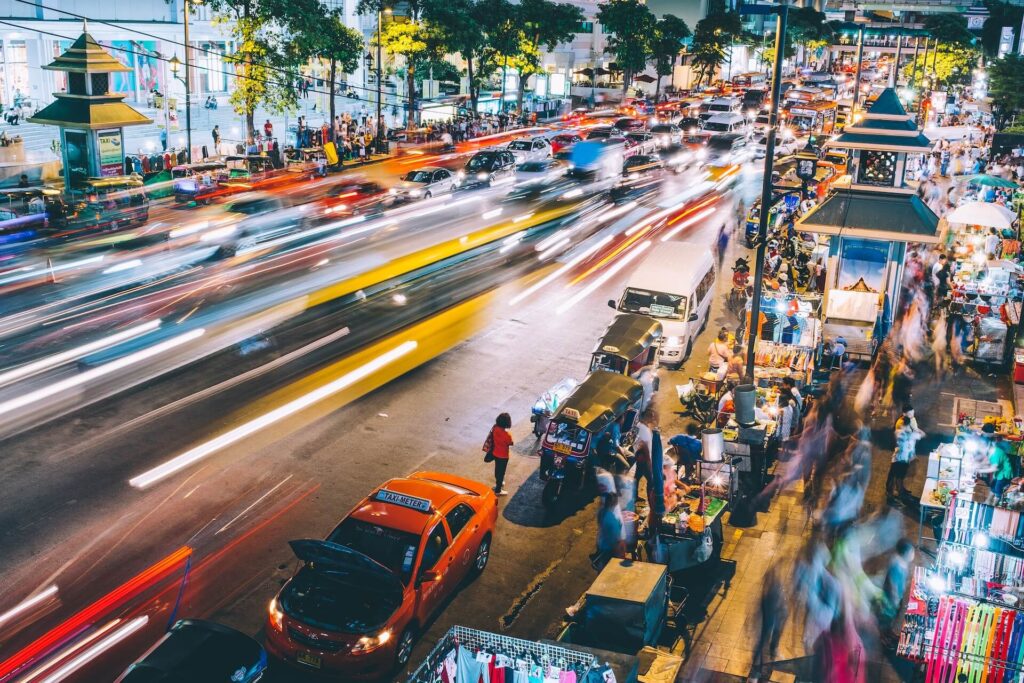Thailand legalized the use of cannabis for medical, health, and cosmetic purposes in 2021, and in June 2022, it was removed from the list of illegal drugs. This blog post will provide detailed insights into the legal background and current status of cannabis in Thailand. It serves as an essential source of information for those interested in cannabis in Thailand.
The Background of Cannabis Legalization in Thailand

Thailand’s journey toward the legalization of cannabis and its legal background will be explained.
In 2017, Thailand legalized the medical use of cannabis. This decision was based on scientific evidence demonstrating the effectiveness of cannabis in alleviating chronic pain and certain medical conditions. The aim of this legalization was to introduce strict regulations and monitoring systems to protect the interests of patients and public safety.
The Legalization of Cannabis Use in 2021

This section will focus on the specific laws and regulations regarding the legalization of cannabis use in Thailand in 2021.
In February 2021, a series of activities related to cannabis, including research, development, production, sales, export, import, possession, use, transportation, and advertising and sales of products derived from cannabis, were legalized in Thailand. This allowed cannabis to be used in the fields of pharmaceuticals, health supplements, and cosmetics.
For medical cannabis use, patients must possess a prescription from a physician. Companies involved in cannabis use must comply with strict regulations and obtain licenses. Furthermore, age and quantity restrictions are in place for cannabis use, and efforts to ensure public safety have been implemented.
The legalization of cannabis has led to the rapid growth of the cannabis industry in Thailand. Various industries, including pharmaceutical companies, health supplement manufacturers, and cosmetic brands, are actively engaged in developing products utilizing cannabis. This development is expected to generate employment opportunities and contribute to economic growth within the country.
However, despite the legalization of cannabis use, strict regulations still exist in Thailand. Cannabis cultivation, production, and sales must occur under strict management and supervision. Furthermore, even for non-medical cannabis products, restrictions on THC (tetrahydrocannabinol) levels and labeling requirements are in place.
In June 2022, Thailand removed cannabis from the list of illegal drugs. This decision reflects a changing perception of the potential medical benefits and economic prospects of cannabis. The exclusion of cannabis is expected to facilitate research, development, and investment in the cannabis industry.
Currently, Thailand is witnessing a surge in cannabis-related research and development activities. Efforts are underway to develop new pharmaceuticals and treatment methods using cannabis, as well as the production of health supplements and cosmetics. This is expected to contribute to pain relief and improved health for patients.
Conclusion
The cannabis industry in Thailand is experiencing rapid growth, with potential benefits in medical, health, and economic domains. However, strict regulations and compliance are essential for individuals and companies involved in cannabis use.
The Thai government is actively promoting measures to support the development of the cannabis industry, such as providing funding for research and development, offering tax incentives, and improving the business environment. This is expected to establish Thailand as a hub for the cannabis industry and attract investment from both domestic and international sources.
It is crucial to stay updated with the evolving cannabis situation in Thailand. Individuals interested in cannabis should obtain accurate information from official government agencies and reliable sources, while remaining responsive to changes in laws and regulations.
